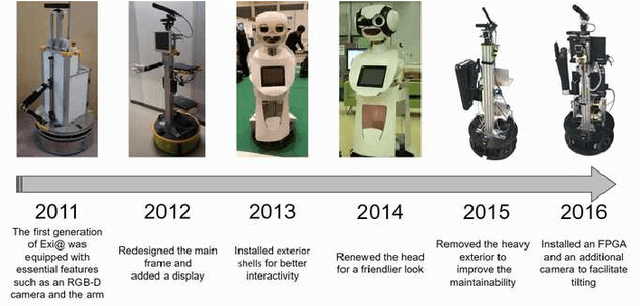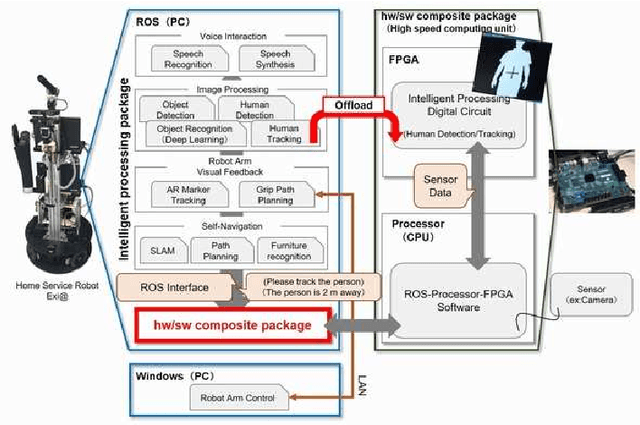Kentaro Nakamura
Surrogate Representation Inference for Noisy Text and Image Annotations
Sep 15, 2025Abstract:As researchers increasingly rely on machine learning models and LLMs to annotate unstructured data, such as texts or images, various approaches have been proposed to correct bias in downstream statistical analysis. However, existing methods tend to yield large standard errors and require some error-free human annotation. In this paper, I introduce Surrogate Representation Inference (SRI), which assumes that unstructured data fully mediate the relationship between human annotations and structured variables. The assumption is guaranteed by design provided that human coders rely only on unstructured data for annotation. Under this setting, I propose a neural network architecture that learns a low-dimensional representation of unstructured data such that the surrogate assumption remains to be satisfied. When multiple human annotations are available, SRI can further correct non-differential measurement errors that may exist in human annotations. Focusing on text-as-outcome settings, I formally establish the identification conditions and semiparametric efficient estimation strategies that enable learning and leveraging such a low-dimensional representation. Simulation studies and a real-world application demonstrate that SRI reduces standard errors by over 50% when machine learning prediction accuracy is moderate and provides valid inference even when human annotations contain non-differential measurement errors.
Causal Representation Learning with Generative Artificial Intelligence: Application to Texts as Treatments
Oct 01, 2024Abstract:In this paper, we demonstrate how to enhance the validity of causal inference with unstructured high-dimensional treatments like texts, by leveraging the power of generative Artificial Intelligence. Specifically, we propose to use a deep generative model such as large language models (LLMs) to efficiently generate treatments and use their internal representation for subsequent causal effect estimation. We show that the knowledge of this true internal representation helps separate the treatment features of interest, such as specific sentiments and certain topics, from other possibly unknown confounding features. Unlike the existing methods, our proposed approach eliminates the need to learn causal representation from the data and hence produces more accurate and efficient estimates. We formally establish the conditions required for the nonparametric identification of the average treatment effect, propose an estimation strategy that avoids the violation of the overlap assumption, and derive the asymptotic properties of the proposed estimator through the application of double machine learning. Finally, using an instrumental variables approach, we extend the proposed methodology to the settings, in which the treatment feature is based on human perception rather than is assumed to be fixed given the treatment object. We conduct simulation studies using the generated text data with an open-source LLM, Llama3, to illustrate the advantages of our estimator over the state-of-the-art causal representation learning algorithms.
Hibikino-Musashi@Home 2019 Team Description Paper
May 29, 2020



Abstract:Our team, Hibikino-Musashi@Home (HMA), was founded in 2010. It is based in the Kitakyushu Science and Research Park, Japan. Since 2010, we have participated in the RoboCup@Home Japan Open competition open platform league annually. We have also participated in the RoboCup 2017 Nagoya as an open platform league and domestic standard platform league teams, and in the RoboCup 2018 Montreal as a domestic standard platform league team. Currently, we have 23 members from seven different laboratories based in Kyushu Institute of Technology. This paper aims to introduce the activities that are performed by our team and the technologies that we use.
Hibikino-Musashi@Home 2020 Team Description Paper
May 29, 2020



Abstract:Our team, Hibikino-Musashi@Home (HMA), was founded in 2010. It is based in Japan in the Kitakyushu Science and Research Park. Since 2010, we have annually participated in the RoboCup@Home Japan Open competition in the open platform league (OPL). We participated as an open platform league team in the 2017 Nagoya RoboCup competition and as a domestic standard platform league (DSPL) team in the 2017 Nagoya, 2018 Montreal, and 2019 Sydney RoboCup competitions. We also participated in the World Robot Challenge (WRC) 2018 in the service-robotics category of the partner-robot challenge (real space) and won first place. Currently, we have 20 members from eight different laboratories within the Kyushu Institute of Technology. In this paper, we introduce the activities that have been performed by our team and the technologies that we use.
 Add to Chrome
Add to Chrome Add to Firefox
Add to Firefox Add to Edge
Add to Edge